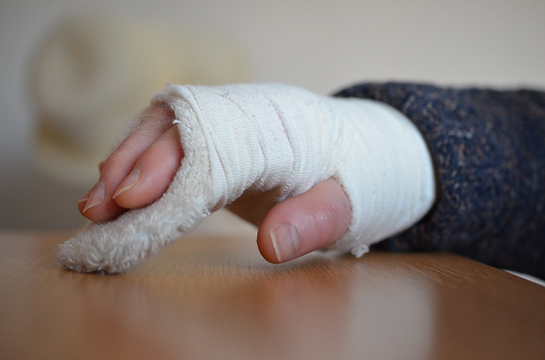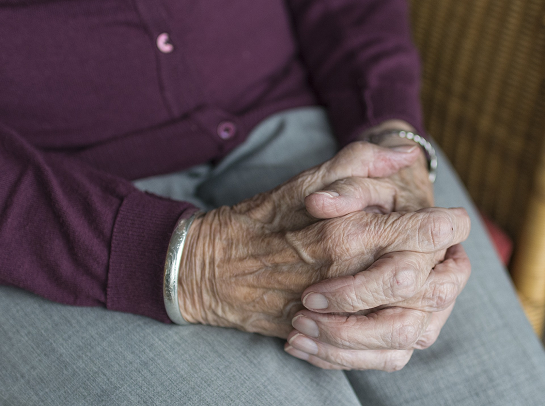Most of us are aware that being outdoors is healthy for us. The fresh air, the sounds and views of nature, and the opportunity to move about more freely contribute to good health. Of course, it is possible to take all of this a step further. After all, your own garden or yard is part of that healthy environment. Are you taking care of yours so it can help take care of you?
The Active Gardener
Your garden can help you increase your core muscle strength and mobility. Tending a well-stocked garden takes a lot of physical work. You might find yourself digging, forking, and edging. Maybe you like the idea of mowing and trimming bushes, hedges and shrubs? Then, of course, is all the potting, planting, and pruning. It’s busy but enormously rewarding. Imagine having freshly cut flowers directly from your own garden as often as you like? Best of all, you’re keeping active, fit and healthy.

Imagine what you could create while getting fitter and healthier. Image source
The Stress Relief
A good garden can offer relief from stress every day. Start with the scents and aromas. Lavender is well known for aiding relaxation. But the floral bouquets from a flower garden can all offer stress relief. They encourage you to inhale deeply. Breathing techniques are a good way to reduce anxiety. Then, of course, you have all the visual beauty to admire. Flower beds and pots full of color can be enormously enjoyable. They’ll put a smile on your face in the toughest of times.
Imagine the view from your home office. What if you could shape and color that view to bring beauty and life to your working day? Even working from home can be stressful sometimes. A few moments staring out of the window when you have a magnificent view can be the perfect release you need.
The Environment
Of course, you don’t have to stay indoors when you work from home. You can sit in the garden and enjoy a wonderfully natural home office instead. Sit on the grass, or enjoy the added benefits of an alfresco dining set. All you need is a beautiful lawn and a little shade so you can stay outside for longer. Good lawns do need Pro Irrigation types of sprinkler systems to be adequately watered. This does mean that there might be moisture on the lawn at certain times of the day, though. Make sure you’ve set the timer for your irrigation correctly, or you might damage your laptop!

Color, aroma, and shape. Image source
If you’re lucky enough to live somewhere quiet, you might even enjoy the sound of the birds twittering nearby. A well-stocked garden full of shrubs and flowers will attract insects and birds. This might make your garden a wildlife haven. You can enjoy watching them come and go. You might even enjoy attracting them to the garden by considering your planting choices and providing feeders. Working this close to nature can be enormously beneficial to your health.
Your outside spaces are the perfect places to nurture if you also want to nurture your own health. Take care of the trees, grass, shrubs and plants in your garden. Then enjoy sharing it with birds and wildlife.












